World-leading growth
Global consulting firm McKinsey& Company has forecast that China will become the world's largest market for self-driving vehicles, with revenue from such vehicles and mobility services exceeding $500 billion by 2030.
"We've seen an acceleration in China. There's certainly now a rapid pace of permits being issued," said Boston Consulting Group managing director Augustin Wegscheider. "The U.S. has been a lot more gradual."
Alphabet's Waymo is the only United States firm operating unmanned robotaxis that collect fares.
The company has about 700 cars operating in San Francisco and Los Angeles in California, Phoenix in Arizona, and Austin, Texas, but not all of them are in service at all times.
Cruise, backed by General Motors, restarted testing in April after one of its vehicles hit a pedestrian last year. Cruise said it operates in three cities, with safety its core mission.
"There's a clear contrast between U.S. and China" with robotaxi developers facing far more scrutiny and higher hurdles in the U.S., former Waymo CEO John Krafcik said in an interview with Reuters.
China will operate the world's largest robotaxi fleet of about 12 million self-driving vehicles by 2040, followed by the U.S. with around 7 million, according to a report by research company BloombergNEF.
Li Hengyu, vice-president of Pony.ai and head of its robotruck business unit, said: "The central and local governments in China rank first in the world in terms of their openness and understanding of autonomous driving."
China has also been stepping up efforts to integrate vehicles, roads, and cloud computing, which is a crucial step to grow smart vehicles into smart cities.
In July, five ministries, including the Ministry of Industry and Information Technology and the Ministry of Transport, issued a notice to identify 20 cities or city clusters, including Beijing, Shanghai and Guangzhou, as pilot areas for the technology.








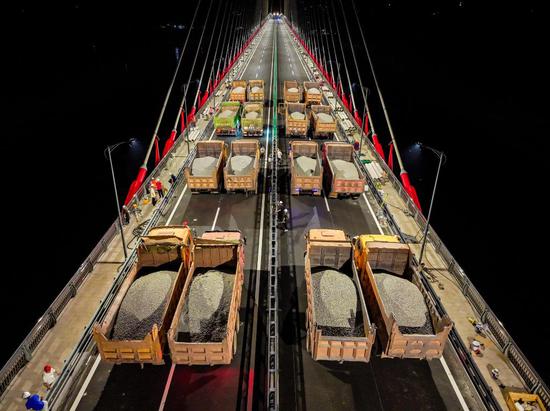
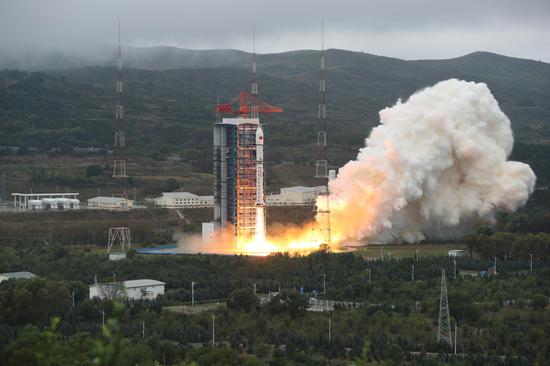
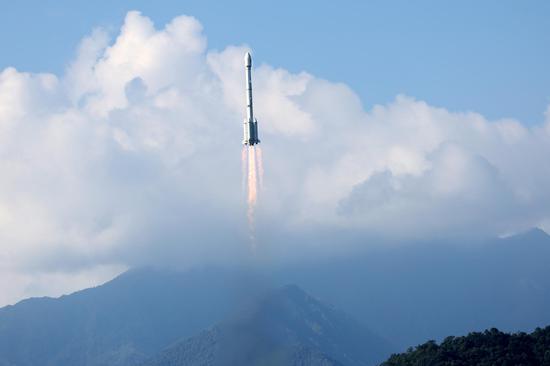







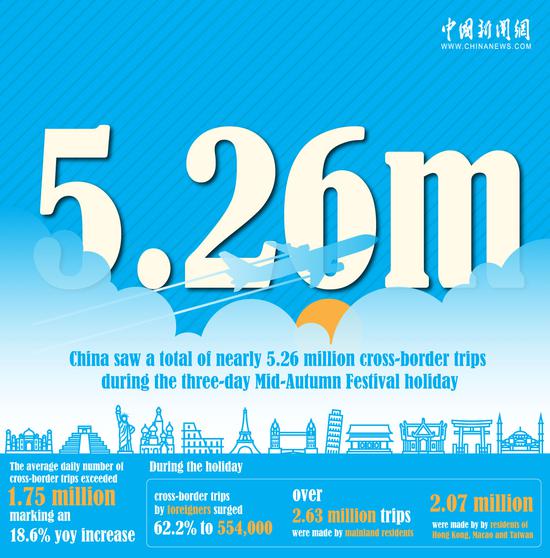
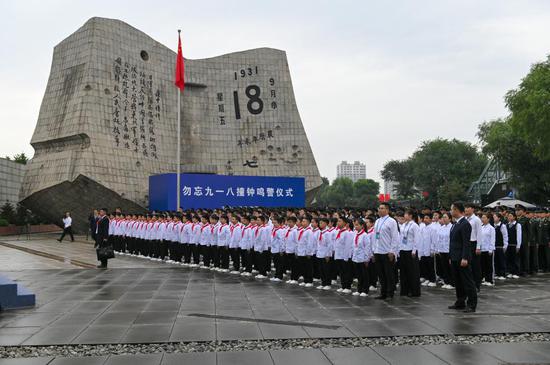


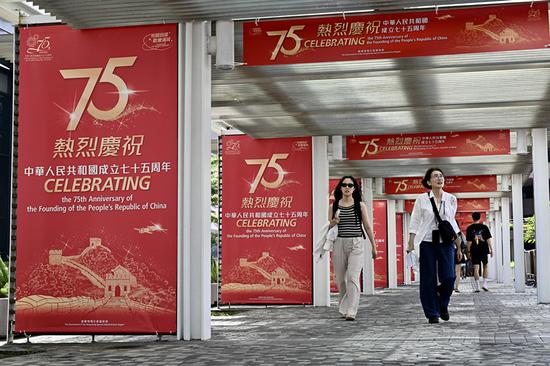



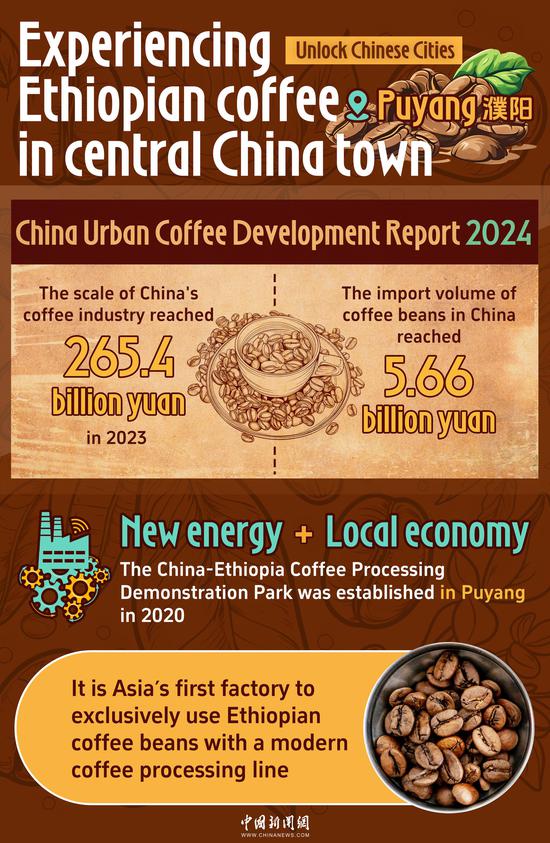
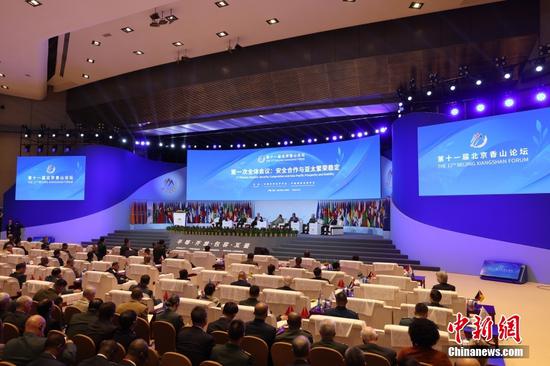






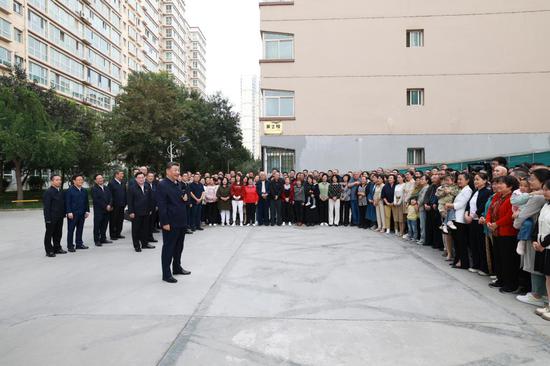
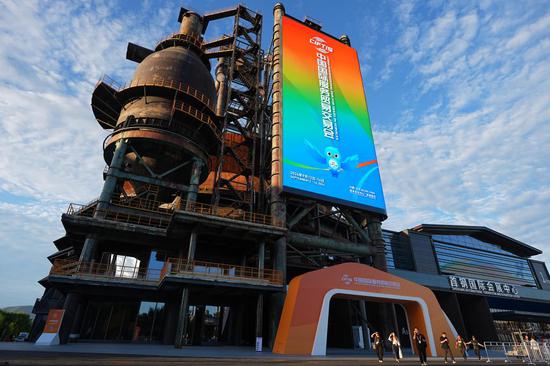
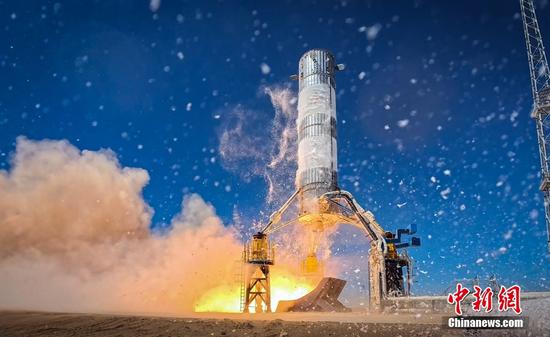



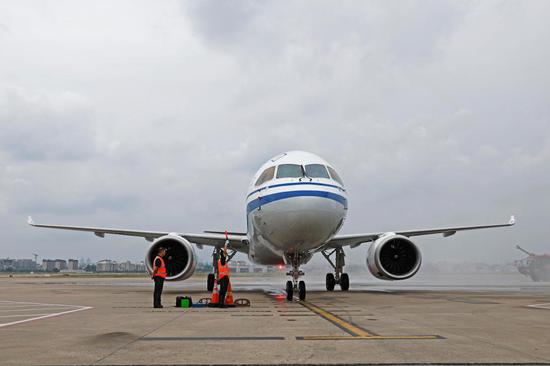

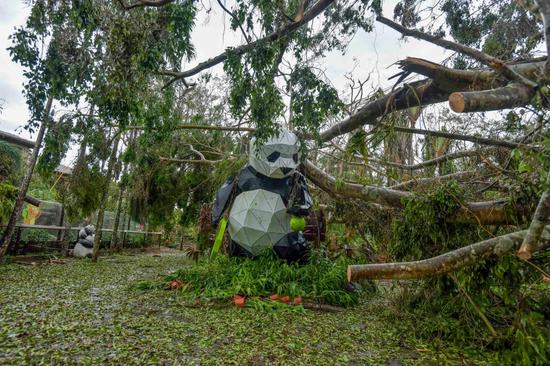
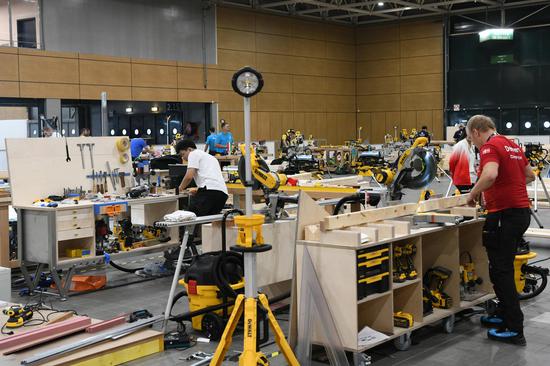






 京公网安备 11010202009201号
京公网安备 11010202009201号